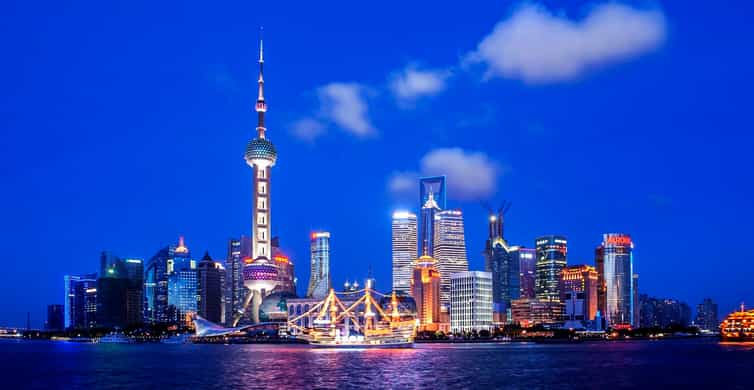I looked at China's BAZ county. Well, what they accomplished there is impressive. So let's laugh boldly and heartily together at the "decline tormentors"! Written by Mátyás Kohán.
The first germ of this article welcomes the dear reader from the Air China Ürümcsi-Beijing flight. And although there will soon be a detailed, colorful itinerary, I simply can't resist saying a little about my trip to China this morning. I remember last year's MCC Festival too vividly, where Publicus leader András Pulai argued with András Schiffer about "declining China" and asked why Viktor Orbán tied Hungary's fate to declining eastern dictatorships. Since then, Anna Donáth has declined strongly in terms of her personal political career as well
last year he stated bluntly, "the facts are clear: the era of the declining East has come".
and "the role models of the Hungarian state party", which were allegedly China, Russia and Turkey, "couldn't provide their people with a better life". The narrative about a “declining China” is alive and kicking, and from time to time it kicks another spasm; the latest article in Népszav is also just two days old about "there are warning signs of stagnation in China" (read: the real estate market sneezed at eighteen times the growth of the eurozone).
Just as people traveling in Western Europe cannot tolerate even the most primitive forms of ideas about the "decline of the West" without having a brain spasm, so people who have visited China find it hard to tolerate the same two things - too few children, companies and households have too much credit . I mean: from the Xinjiang Uyghur Autonomous Region, which can rightly be called China's BAZ county in terms of both its ethnic composition and its economic position within the country, things look quite different.
The development and success of a country should never be judged on the basis of its political or economic capital:
it follows from the nature of capitalism, and it is true at the level of the world, country and region alike, that there is a lot of money in the center of the system, and less and less as you move outwards. (Almost) anyone can make a successful center: Yerevan, the otherwise heartbreakingly beggarly poor capital of Armenia, looks like a fully cultured Eastern European capital, Ashgabat, the Turkmen capital on a gilded marble canton shining in a thousand colors, Moscow, shiny and modern, loud with luxury cars, per capita national its total product rivals that of Japan. It's not that big of a deal. The success of the periphery, the region isolated from the economic centers, is really difficult to achieve, and for the most part it is not successful: the Armenian countryside falls off the map, tourists are not even allowed into Turkmenistan outside the capital, and the Russian central cities with less than one million people are largely like Özd over and over.
In China, it is not really impressive that Shanghai, Shenzhen or Beijing would look perfectly contemporary even in a science fiction set in 2050.
What is really impressive is what they were able to do in their BAZ county.
Xinjiang, inhabited by the relative majority of Uyghurs, whose human rights status is used to smear China in the West, has become the most modern part of Central Asia in ten years, perhaps in the two Kazakh metropolises in the region it is still possible to live at the same level as in the cities of Xinjiang. China has not spared money on Xinjiang over the past decade; last year, the area produced the second highest economic growth of all Chinese regions, 1.6 percent last year and 1.5 percent this year, according to plans, it will affect its motherland, which is already growing by 5.2 and 5 percent, respectively. under the developed local industry in agriculture, food, energy, electrotechnology. Even today, China knows what the EU knew even before covid, and the United States forgot a long time ago:
to turn backward, peripheral regions into engines of development.
China is not declining.
Of course, it has its problems - for example, it has to deal with the average number of children per family falling below 2, as an abominable side effect of growing prosperity, although there at least this problem is not remedied by immigrating illiterate people from the Middle East and North Africa to the spending side of the budget.
But this country is still in its prime moving forward, namely at a speed that we have not seen in this part of the world for a long time; and what is most important: he currently has the key to solving the most important problem of capitalism, the upliftment of the country's rural periphery. As with no other country, the future of a small country like ours cannot be based solely on the relationship maintained with China, so sacred. But it is also certain that anyone who separates from China now, in the decades of its brilliant success, because of all kinds of human rights abuses, is missing a great opportunity for their country.
Because China is not just something, but - fortunately for all of us - is also going somewhere.
Featured image: getyourguide.com













